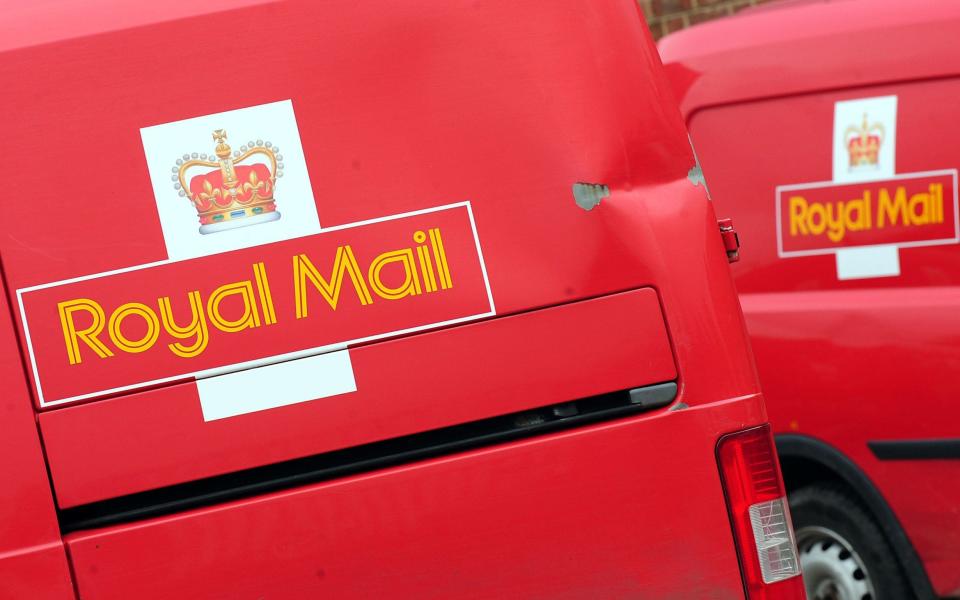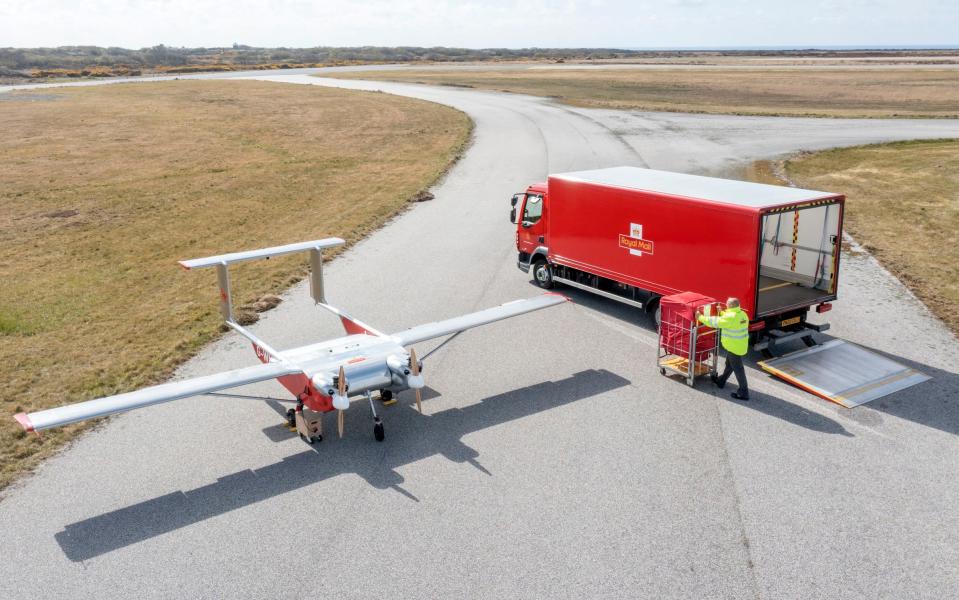Royal Mail losing £1m a day as it threatens union with split

Royal Mail has warned union bosses preparing to strike that the business could be split in two as its British arm loses £1m a day.
The former FTSE 100 company warned the Communication Workers Union (CWU), whose 115,000 members yesterday voted in favour of strike action, that its UK and overseas arms would be separated unless “significant operational change” is achieved.
Keith Williams, Royal Mail chairman, said: “The pandemic boom in parcel volumes bolstered by the delivery of test kits and parcels is over.
“Royal Mail is currently losing one million pounds per day and the efficiency improvements which are needed for long term success have stalled.”
The foundations for a split of the 500-year-old business are being put in place, with parent company Royal Mail plc to be renamed International Distributions Services plc.
Since its privatisation and float on the London Stock Exchange in 2013, Royal Mail has lost ground on tech-savvy rivals such as Amazon.

Bosses want to transform the service, created by Henry VIII, into a parcels-focused operation amid dwindling letter volumes - a facet that was accelerated by the pandemic.
The CWU, one of the most influential unions in the country, has faced accusations of standing in the way of change.
Royal Mail has offered workers a 5.5pc pay rise, but only 2pc is fixed. The balance is conditional on changing to working practices being agreed. These include a greater degree of automation. For instance, parcels sorted at the company’s vast Mount Pleasant plant in London, once the biggest in the world, are all currently done so by hand.

Simon Thompson, Royal Mail’s chief executive tasked with striking a deal with union bosses, said: “We have made progress building the infrastructure we need for Royal Mail to compete, especially given the growing demand for larger parcels, delivering the next day – including Sundays – and in a more environmentally friendly way.
“But building the infrastructure is not enough. We have to transform the way we work too. We need to change – and change now.
“This is how we can give our team the job security that they deserve for tomorrow and not just for today. I am ready to talk about pay and change at any time. But it has to be both.”
The City was unimpressed with Royal Mail’s announcement, with shares in the FTSE 250 company falling 5pc in early trading.
Alexia Dogani, an analyst at stock broker Barclays labelled Royal Mail’s first quarter performance as a “weak start to the year”.
Royal Mail’s difficulties in the UK contrast sharply with its less heavily regulated overseas arm GLS. It was originally called “German Parcel” when it was founded in Neuenstein in 1989 before being renamed General Logistics Systems after being bought by Royal Mail a decade later.
Martin Seidenberg, the overseas division’s chief executive said: “GLS continues to deliver a good performance, with weaker [consumer] volumes partly offset by growth in [business operations].”

 Yahoo Finance
Yahoo Finance 